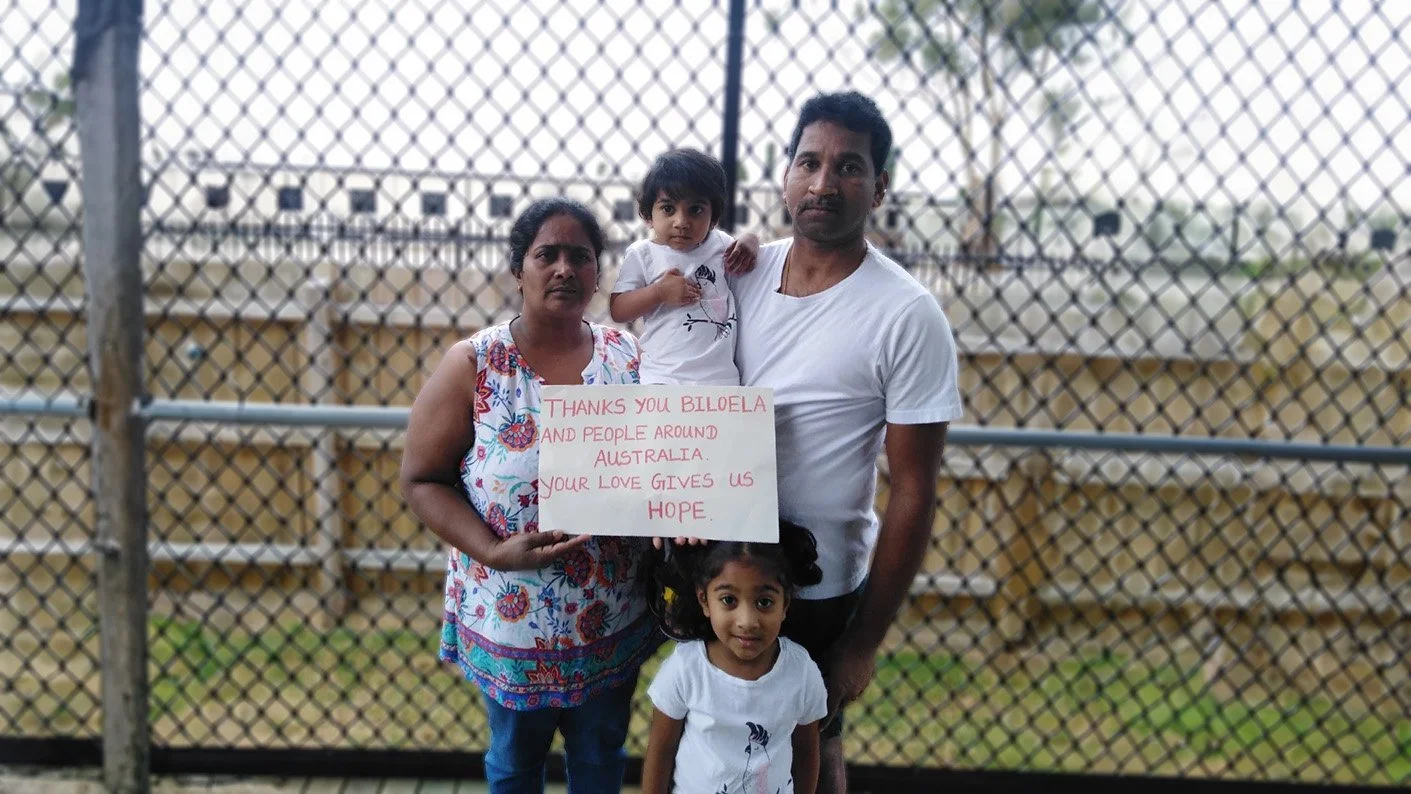The impact of privatising Australia’s detention centres
Australia may be a world leader in lots of things - deadly animals, solar energy adoption, but one surprising area is in the privatisation of detention centres.
What does it mean for a detention centre to be privatised?
Instead of the detention centres being state-operated facilities, they are contracted out to private companies for part or close to all of the day to day operations. In Australia, a company called Serco holds the contract to all of our “on-shore” detention centres.
“It's currently valued at around $3.7 billion for the contract since 2014,” said Dr Sara Dehm in 2022, Lecturer at the University of Technology Sydney in the Faculty of Law. “So basically for a seven or eight-year period, the Australian government is paying just under, I guess $4 billion to run Australia's detention network.”
This goes beyond the detention centres themselves, but also to the services in them and for their detainees. For example, the International Health and Medical Service employs doctors and nurses to provide medical care for those in detention.
Tharnicaa Nadesalingam admitted to Christmas Island hospital after failing to receive medical attention for over a week
The issues of privatisation
On paper, what might seem like a simple outsourcing with clear outcomes and services has proven to be fraught with problems. What was previously about a service that the government is required to provide is now also a way for a private company to make profits. Here are some things that flow on from that.
Responsibility
“I think it leads to the company treating people in immigration detention as commodities that are part of its business activity,” says Dr Dehm. “So even though the corporation, so in Serco's case, does have a contractual obligation to the Australian government to treat people fairly and humanely, that obligation is owed to the Australian government rather than to the people that it detains in immigration detention.”
Essentially, the private companies have an obligation to the government to treat the detainees properly, but not doing so isn’t necessarily detrimental to you as a private company, even if it leads to the detainees suffering in detention. In the example of Serco, their contract “acknowledges and agrees that it has a duty of care to detainees”. However, in circumstances where they don’t perform, like we saw in the 2012 independent review on Serco, their contract was still extended instead of it going out to tender again.
Priya stepped through the floor in the detention facility they were held in on Christmas Island
Service
There have been many human rights concerns of the treatment of detainees in these privately operated detention centres. Serco have been known to ban crayons for kids, or refer to detainees literally by their ID number. And in the case of the Nadesalingam family, we saw multiple health conditions develop whilst they were detained. Even whilst tending to their nine month old baby, they did not have access to a blender to make baby food.
“The parents had to try and make food with only disposable plastic picnic cutlery because they're never given knives so that's just impossible when you think about having to make baby food,” says journalist Rebekah Holt, who visited the family multiple times whilst held in Melbourne Immigration Transit Accomodation.
“We see in the contract that the company does have an incentive to try to reduce costs. Which logically results in a reduced service provided, to use that term, to people in immigration detention or reduced quality of immigration detention.”
– Dr Sara Dehm
Profit
“There's horrible living conditions, lack of medical care, not bothering with any educational opportunities,” says journalist Maeve Higgins, “because they're incentivised not to look after the detainees because that way, they will make more money.”
There aren’t many companies who are able to provide this level and scale of service, and with a profit motive, these companies are incentivised to cut costs and charge the most they can. When the Nadesalingam family from Biloela were moved to Christmas Island to be detained, it was later revealed that this costed Australian taxpayers close to $27 million to reopen the centre house this one family for just the first couple of months. With 100 staff on the island and only four detainees, the exorbitant spend shocked Australians, especially looking at the conditions of the detention centre.
Furthermore, the industry is seen as a “growth” industry, with acquisitions and investments. In 2020, Advent International, a private equity investor, spent 4 billion British pounds to take over Cobham, who operate Australia’s surveillance aircrafts. “Is it because it's an industry, they are incentivised to trap and hold more people? Because that's the only way they make profit,” says Higgins.
The future of this “industry”
With wars across the world and people being displaced by climate-fueled crises, we are going to see more people seeking asylum. However, with the surveilling and detaining of humans now an industry, we have more players involved who want to make more money from this industry. This implicitly incentivises these private companies to keep more people detained and for longer, as this is what will drive profits, holding real humans locked up in poor conditions. And Australia is leading the way, selling its methods to other nations.
“We have to understand this isn't happening by accident. There are people making a ton of money out of this. So we need to face that and we need to decide ourselves, "Okay, is this what we want? We want to live in a fortress, and we want everyone else to be in cages with walls. We want to deport children. We want to actually cause the death of families. Is that... " Because that's what's happening and that's the kind of path, we're on.”
– Maeve Higgins




